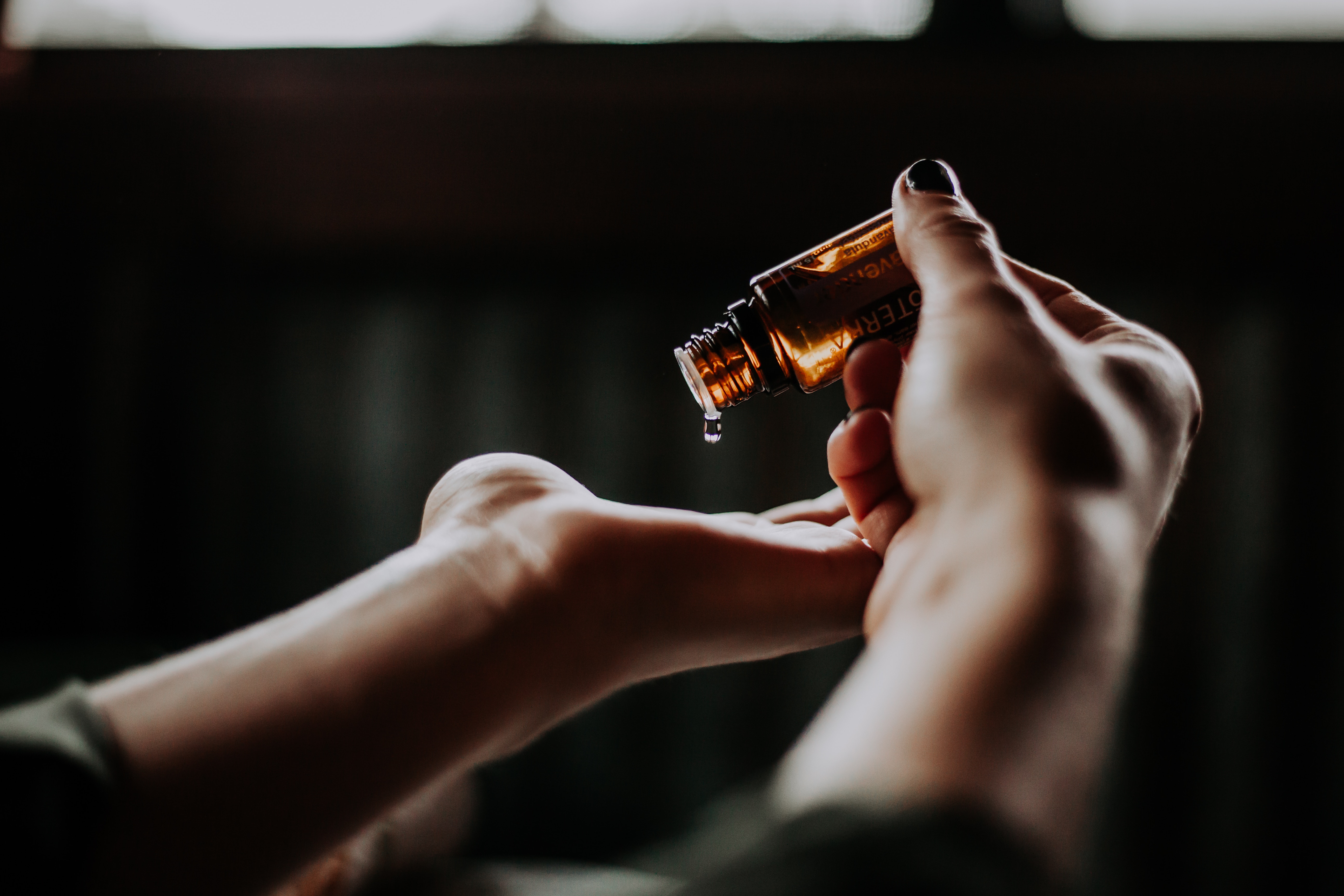In this contributor article, Meg Kramer of CBD Hacker provides a few facts regarding CBD and cancer.

The following is an article produced by a contributing author. Growers Network does not endorse nor evaluate the claims of our contributors, nor do they influence our editorial process. We thank our contributors for their time and effort so we can continue our exclusive Growers Spotlight service.
Normal cells in the human body have a predictable life cycle. Old cells die, and the body produces new ones to replace them. But when that process doesn’t stick to the program, cell growth can get out of control. This uncontrolled cell growth is known as cancer, and there are more than 100 different varieties. According to the American Cancer Society, about one third of Americans will develop cancer in their lifetimes. Over one and a half million new cancer cases are diagnosed each year. And because there is no cure for cancer, this diagnosis can send patients looking beyond conventional medicine for alternative treatments. In fact, more than one-half of all cancer patients try some form of complementary medicine. One of the newest treatments that people are seeking out is cannabidiol, or CBD. So, what do patients need to know about using CBD for cancer? The fact is, research in this area is in its very early stages. So, read on to learn what we do — and don’t — know so far.

1. So far, there haven’t been any human trials specifically looking at CBD for treating cancer.
Randomized, placebo-controlled, large-scale clinical trials are the gold standard in medical research. But this type of study has not yet been conducted on using CBD to treat cancer. Why not? Well, this is partly because the DEA has considered CBD — whether derived from intoxicating forms of cannabis, or non-intoxicating forms like hemp — to be a Schedule 1 controlled substance. This policy put non-intoxicating CBD in the same category as drugs like heroin or LSD. That has made it very difficult for scientists in the US to conduct research on cannabis-derived compounds in general, including CBD. And similar laws and policies have created hurdles for researchers in other parts of the world. Changing attitudes toward cannabis in the last few decades have allowed some preclinical research to take place. But for now, we mostly have to rely on in vitro research in order to speculate on how CBD might help cancer patients.
2. Researchers hope that CBD can be developed into treatments that will cause cancer cells to self-destruct.
While we’re a long way off from the kinds of trials that will prove or disprove CBD’s efficacy as a treatment for cancer, the existing studies have been very promising. This is because CBD is thought to have anti-proliferative and pro-apoptotic properties. In other words, it may cause cancer cells to stop reproducing and even self-destruct. For example, a 2018 in vitro study found that CBD reduced the viability of endometrial cancer cells. (THC, on the other hand, had no effect.) Another study from the same year looked at methods for delivering CBD to glioma cells. Gliomas are a type of tumor that can occur in the brain and the spinal cord. The researchers found that the most effective method that they tested was incorporating CBD into lipid nanocapsules, and then “decorating” the exterior of the capsules with more CBD. While in vitro studies like these are very promising, it’s important to note that more research is needed. That’s because these were performed on cancer cells that were isolated from the body. Clinical trials on human subjects might produce very different results.

3. While the jury is still out on using CBD to treat cancer, many patients say that it can help manage symptoms.
While there haven’t been human trials on using CBD to treat cancer, some patients also say that CBD can help lessen the impact of side effects from cancer treatments like chemo or radiation. So, how could CBD help? For starters, we know that CBD affects the neurotransmitters glutamate and serotonin, both of which may play a role in pain regulation. Studies also show that CBD has anti-inflammatory properties which can help with pain and mobility issues resulting from many different causes. But much more research is needed before we can conclusively say that CBD is an effective treatment for cancer symptoms or side effects from treatment.
4. For cancer-related pain, CBD may work best in combination with THC.
Most of the research that has been conducted to date has focused on CBD in some combination with THC. Some studies have looked at how patients use whole-plant cannabis, while others have investigated medications that combine just THC and CBD. One review published in 2018 looked at clinical trials of cannabis treatments for patients with cancer-related pain. According to their analysis, 15 out of 18 trials showed that cannabinoids offered more relief than a placebo — and patients only reported mild to moderate side effects. In their call for future study, the researchers suggested that the ideal dosage guidelines for cancer pain relief may incorporate approximately equal parts of THC and CBD. And in the same year, one double-blind, randomized, placebo-controlled clinical trial did just that. It investigated Sativex ( nabiximols ), a drug which contains equal parts CBD and THC, for cancer pain. Interestingly, the researchers found that patients in the US received more benefit from Sativex than patients in other parts of the world. They proposed two possible explanations for the difference. First, patients in the US received lower doses of opioids. Secondly, the patients were being treated for different subtypes of cancer, and the drug may have been more effective for some types than others. Ultimately, they concluded that cannabinoids might be most useful for patients who receive lower doses of opioids.
5. You should be honest with your doctor if you plan to use CBD.
Whether they’re trying acupuncture or herbs, most cancer patients who use complementary medical approaches never inform their doctors that they’ve tried something in addition to their conventional treatments. But when you add CBD to your treatment, it’s very important that you keep your doctor in the loop. That’s because CBD can interact with other medications, possibly making them less effective or intensifying side effects. As a result, your doctor may need to adjust your dosages to ensure that your meds are doing their job. And finally, it’s been shown that when cancer patients delay conventional medical treatments, they decrease their survival odds. While CBD may be helpful as an addition to conventional medicine, it’s not a replacement.

Thank you to Meg Kramer and CBD Hacker for the article. What did you think, readers? Fill out the survey below and share your thoughts, or better yet, join our forum and discuss it with our community of professionals. See you there!
Editor’s Note: Want to know even more about CBD? You can find articles on GrowersNetwork focused on…
and CBD for Cats
You can also check out TruPotency, the only online retailer that 3rd party tests every product they sell!
10 Best Gift Ideas for Cannabis Connoisseurs and Growing Aficionados (2022)
December 7, 2022Developing and Optimizing a Cannabis Cultivation System
December 14, 2021Dealing with Insomnia: How Can CBD Help?
December 10, 2020Your Guide to Sleep and CBD
December 7, 2020
Do you want to receive the next Grower's Spotlight as soon as it's available? Sign up below!

Do you have any questions or comments?
